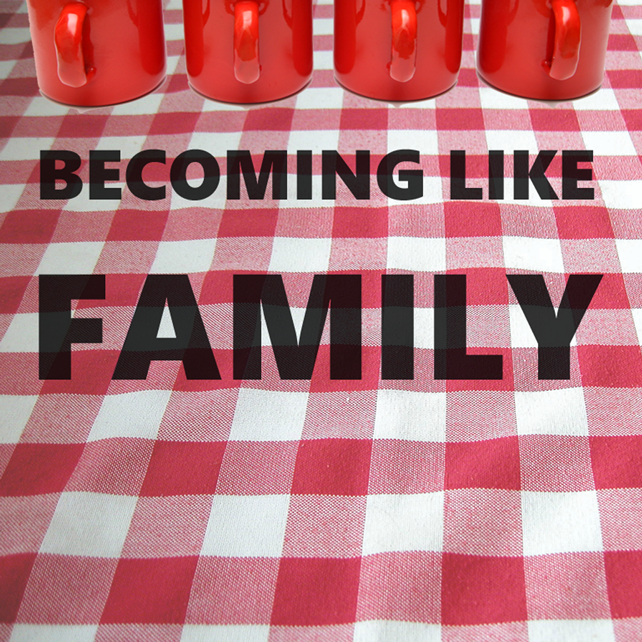Yesterday we explored a story about Jesus and his followers eating grain in the fields on a Saturday, a day of rest, and getting in trouble from the religious authorities. In his response, Jesus referred to one of the great heroes of the Jewish faith, David, who ate holy bread in the temple when he was starving. He mentions the story, and lets the religious authorities do what they do best – argue about God while God is standing right there. He asks them why David got away with eating holy bread, since David was never condemned for eating it.
This story illustrates Jesus’ approach to two kinds of law. There is God’s law given at creation about the Sabbath: rest on the seventh day…period. That stands, and that’s actually what Jesus is about – giving us eternal rest, even today. But there is also the ritual/Sabbath/ceremonial law that is built on top of the basic commandment at creation. Think of it like scaffolding around a structure to help build it – it can be very helpful in following God’s law. But we don’t want to let it obscure God’s original purpose and law. This scaffolding is a reality of our sin or rebellion from God. Our hearts don’t naturally follow God’s law anymore, and so we need these additional structures. But, don’t forget they are provisional…until something comes along and makes them obsolete
Then Jesus comes along and says, “I am Lord of the Sabbath.”
He claims to be God, and gives an invitation to find rest in him, and to stop wrestling with sin and other sinful realities around us, to stop wrestling with ourselves, and just rest in him as he fights those battles.
Claims like this got him in trouble with the Pharisees and Scribes, and eventually their urging that he be killed. But in doing, they made him Lord of the Sabbath…exactly what he’d said.
On the cross, he is restless for us – huge work. He takes on the restlessness of our sin and because of that, we can rest, not on our work overcoming sin and brokenness in our lives, but on his work.
We see him showing that the day of rest, the Sabbath, isn’t the point, just as the temple bread wasn’t the point. God is the point. Resting in God is the point. We’ll see how tomorrow.
Question: Why do you think Jesus’ claims were so offensive to the religious legalists?
Ryan Sim - November 20, 2013
Wednesday - Change It - Grace - in Lifestyle
From Series: "Becoming Like Family"
This series looks at becoming “like family” with others learning to follow Jesus. We're exploring how the church is not a building, institution or event, but a community of people. It's important that explore what church means as we prepare to launch a new church in Ajax in 2014.

